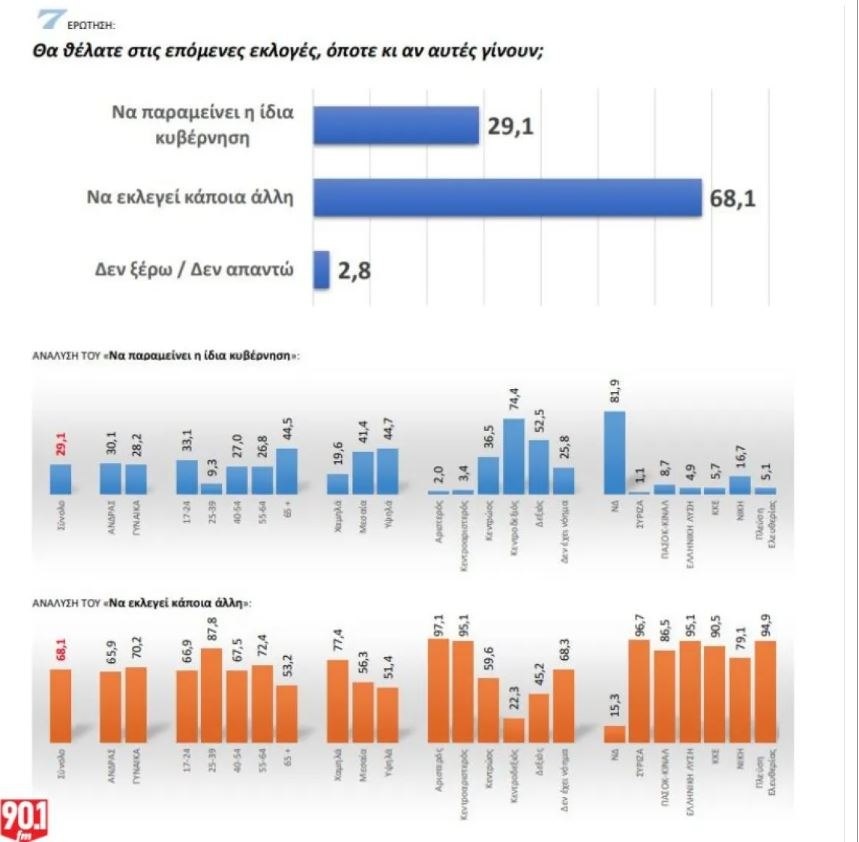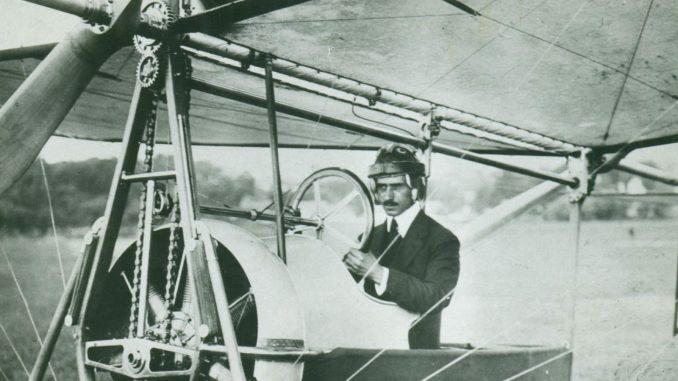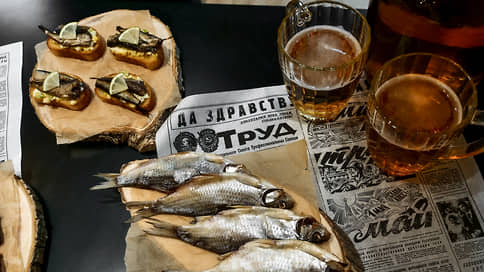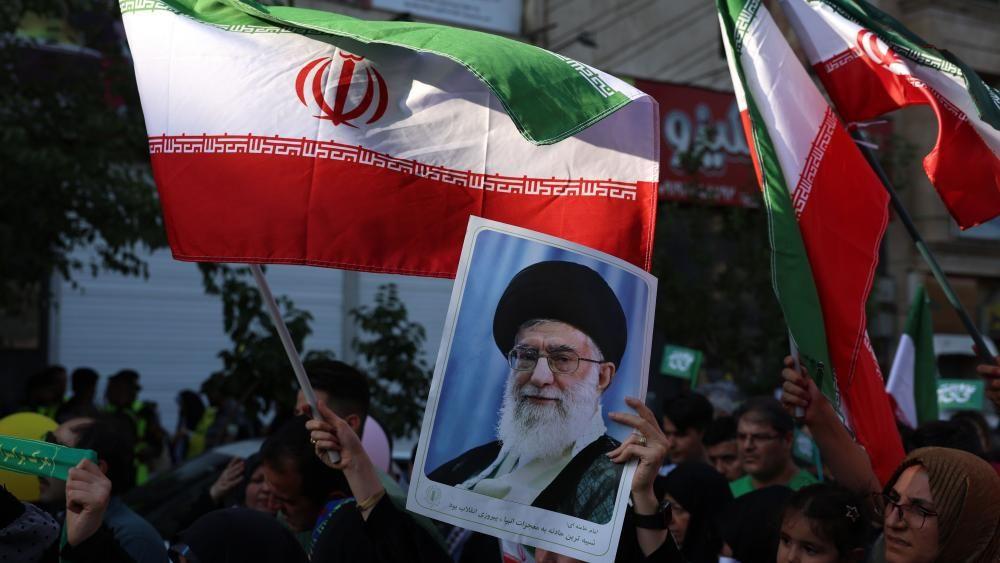Stavros Daifas: Soldier and General

« I have been a fan of Olympiacos since 1945. I offer my services relentlessly. I point out to you that it has already begun to blow winds. Cleansing will be attempted in all directions.
We need to keep up with European football standards. Those who follow us in this endeavor will win a lot.
The sports fan pays to watch a good spectacle. And this will only happen when you players respond to your high mission.
(…)
I ask for your support and your help to succeed in our painful work. »
So Stavros Daifas was introduced to the Olympic footballers on July 25, 1979.
A few 24 hours earlier, on the night of July 13, 1979, then Olympic President Heraklis Tsitsalis announced that « the shipowner Group Stavros Daifas (all members of Olympiacos), yesterday, yesterday’s public registration, was purchased by the PAE. After that, the PAE administration falls on the shipowners of Mr. Stavros Daifa. »
He dedicated his life, property and passion to lead his favorite team to a new era of glory, titles and European dreams
The bride waits
One of the most characteristic stories that show Stavros Daifa’s relationship with Olympiacos is the marriage itself. According to a devilish coincidence on the same day that his wedding was scheduled, the Olympiakos – AEK clash was also scheduled. It was June 12, 1960. As Stavros Daifas himself recounts, the bride arrived at church at 9pm but he was not there. He arrived half an hour later obviously crushed. When his friends asked him what happened and why it was so, he replied:
« But you know, what is it like to play AEK and lose? If you find the fun to get married. »
At Olympic hangouts
In the performance of his duties, Daifas always wanted to take into account the opinion of the fans. Go to cafes where Olympiacos fans frequented and of course on the pitch.
« It is the only pleasure that my involvement of Olympiacos offers me. I like to discuss with the world of Olympiacos, to hear opinions about the team. Many times on the court I go and sit with them on the podium … It is true that I sometimes get bitter from some unhappiness who do not recognize that I am trying to do work. But I believe in criticism anyway. I only want it in straight and man, not with bastards … « .
Return to the titles
In 1979, when Daifas took over, it was a focal point in Olympiacos history. The season to start would be the first in Greek professional football, and four years had already passed since the last championship win and the three consecutive titles of Nikos Goulandris.
Stavros Daifa’s efforts have given the team’s first year to the helm. Olympiacos won the championship and laid the foundations of a group of European standards, which would eventually win four consecutive championships and one cup (1980, 1981, 1982, 1983).
Their stamp on the team, with their coaching and general football philosophy, was left by Kazimir Gorski, a leading personality of Polish football, who led Olympiacos to win the championship in 1980, 1981 and 1983, and Alchetas in 1982.
Greek element
One of Stavros Daifa’s key priorities was to stimulate the Greek element of the team through transcripts of young Greek footballers and the further exploitation of talented footballers already wearing the reds. So during those years of Daifa, the Olympiacos team, one of the top history in its history, Greek players such as Sarganis, Vamvakoulas, Lemonis, Xanthopoulos, Michos, Persia, Mitropoulos and of course Nikos Anastopoulos. Members of that group were also Mike Galakos and Yiannis Kyrastas, who left in 1981 for the eternal opponent, Panathinaikos.

He was always close to the players, he was not a « invisible start », he was a genuine Olympian. Here with Tsalouchidis and Talikriadis in 1992 – a year before handing the team’s fortunes to Socrates Kokkalis
Miltiadis Marinakis
The shipowner Miltiadis Marinakis, the father of the current president of Olympiacos, had a significant contribution to the building of the Olympic era. It was within the team of shipowners who decided to invest in Olympiacos and how integral part of their lives were Olympiacos and the fact that even in their not -footing meetings, there were news of red -white interest.
They write « TA NEWS » of December 10, 1979:
« » We will take Anastopoulos – if Panionios grants him – and we will make Olympiacos the first Greek team, against any economic sacrifice. «
Mr Stavros Daifas was made this evening yesterday night to Mr Milt. Marinaki, his colleague in shipbuilding and by the main shareholders of the Piraeus Association, shortly after the end of the meal provided by the Greek shipowners to the Minister of Coordination. »
But Miltiadis Marinakis was not limited to the role of investor. He had immediate involvement in football. « Association between players and administration » and « administrative boss of the Olympic football division » is distinguished by the reporters of the time. In fact, he had a decisive role in the transfer of Nikos Vamvakoula from GS Lavreotiki in the summer of 1977.
Vamvakoulas had stated in 1981 in the magazine « GROUP »: « My coach at Lavreotiki Thanasis Mahoutis, a builder in the profession, had built the home of Mr. Marinakis, then adviser to Olympiacos. Thanassis brought him two or three times to the court … « . So Miltiadis Marinakis identified the cotton and made sure to dress him in the reds
The Tragedy of the Door 7
The Daifa era was characterized by great triumphs but was also sealed by the greatest tragedy in the history of team and Greek sport, the tragedy of Door 7, February 8, 1981, when 21 fans, spectators of the Olympiakos – AEK – AEK football match.
Stavros Daifas from the early hours was in the Tzanio Hospital, where ambulances arrived with the dead and injured and flocked to hundreds of people seeking the fate of their own.
The next day, Daifas would say: « It can’t be in my mind that so much evil happened in such a short time. Young people, young children died without a reason, in a few minutes. What I saw on Sunday night in the hospital is not described. On the one hand, the dead with the anxiety of their witness death imprinted on their faces and on the other the injured, formed a picture that surpassed the moments I lived in the 40s war. » On the same day, the Olympic administration declared February 8 as a day of mourning for the team.
In the exercise of his duties, he always wanted to take into account the opinion of the fans. Go to cafes where they frequented Olympiacos and of course on the pitch
Always beside
Stavros Daifa’s first term lasted from 1979 to the summer of 1985. He again took over from the summer of 1986 to November 1987 and returned to one of the most critical periods of the group. He became president after Koskota and Saliareli’s terms, taking over from mid -1992 to mid -1993 when he handed over the ownership and leadership of the team to Socrates Kokkalis. The developments were also present in 2010 when the new owner and leader of Olympiacos was taken over by Vangelis Marinakis.
Stavros Daifas was on the side of his beloved team, until the end of his life, at the age of 87, in 2014, doing what he had stated in October 1981: « I will leave (…) When I am sure Olympiacos could stand up and without me. Then I will go back to my place on the platform. The place I had been sitting with for so many years with all the other Olympics. »




/s3/static.nrc.nl/wp-content/uploads/2025/06/17083830/web-1706BINbijCBS.jpg)


